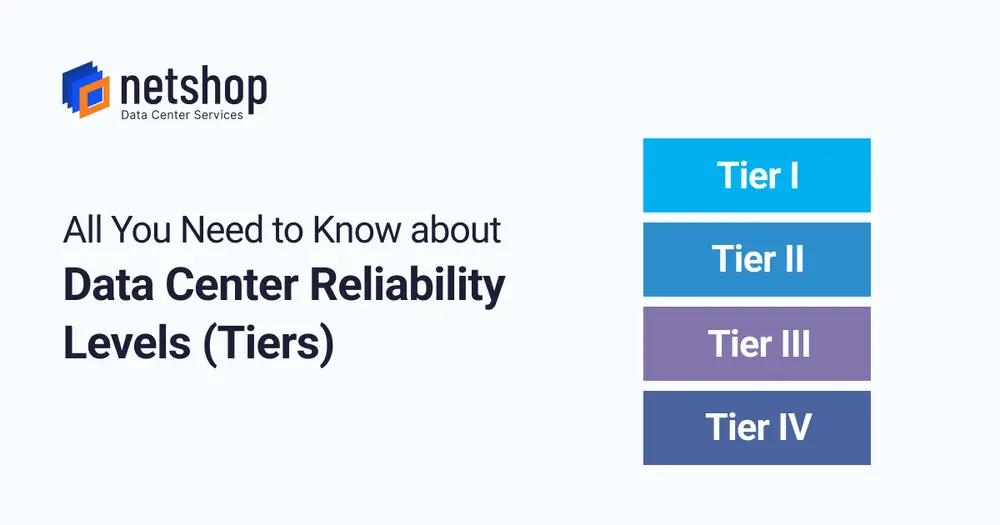The Gambling Commission has launched an investigation into the use of non-disclosure agreements (NDAs) in operators’ settlements with customers after claiming they could breach licence conditions.
Guidance released by the regulator states NDAs should not result in consumers feeling that they cannot notify the Commission, other regulators or law enforcement agencies of conduct which might otherwise be reported.
Licensees should also notify the regulator of offences set out under the Gambling Act, including breaches of licence conditions or social responsibility codes of practice.
The Commission also said it is keen to ensure consumers do not refrain from reporting matters to the regulator because they anticipate a settlement that contains a condition stating they will not complain to the body.
In addition, the regulator said operators must ensure consumers suffering with gambling-related problems should be able to freely discuss their gambling history with treatment providers.
In a statement, the regulator said: “Some of these agreements may have had the effect of preventing those consumers from reporting regulatory concerns to us, by either excluding disclosure to any third party or, in some cases, explicitly preventing customers from contacting the Gambling Commission.
“We recognise that in certain commercial contexts, use of NDAs is commonplace and such agreements, when used properly, can benefit both parties. Examples of appropriate use might include resolving supplier or intellectual property disputes.”
The Commission said it would consider NDAs were being improperly used if their effect was to prevent, impede or deter a person from reporting misconduct or a breach of regulator requirements; reporting an offence to a law enforcement agency; co-operating with a criminal investigation or prosecution or making a protected disclosure under the Public Interest Disclosure Act 1998.
The regulator said it could also take action if it found that an NDA was stopping a consumer from seeking treatment for problem gambling and discussing their gambling history with treatment providers, or if its purpose was to influence the substance of such a report, disclosure or co-operation.
“If a customer in the course of negotiating a settlement agreement states that they intend to report a matter to the Commission, we expect licensees will normally be able to inform the customer that they have already self-reported the incident,” the Commission said.
“When there is a failure to self-report to us…and there has also been a settlement agreement containing an NDA concluded in relation to the underlying facts, this may be seen as an aggravating factor in any regulatory action the Commission may choose to take.”
In recent months, the Commission has taken a number of steps in an effort to enhance its consumer protection efforts and responsibly gambling measures. This year, it will launch a new strategy covering 12 priority actions, ranging from consulting a culture of evaluation to piloting intervention.





















